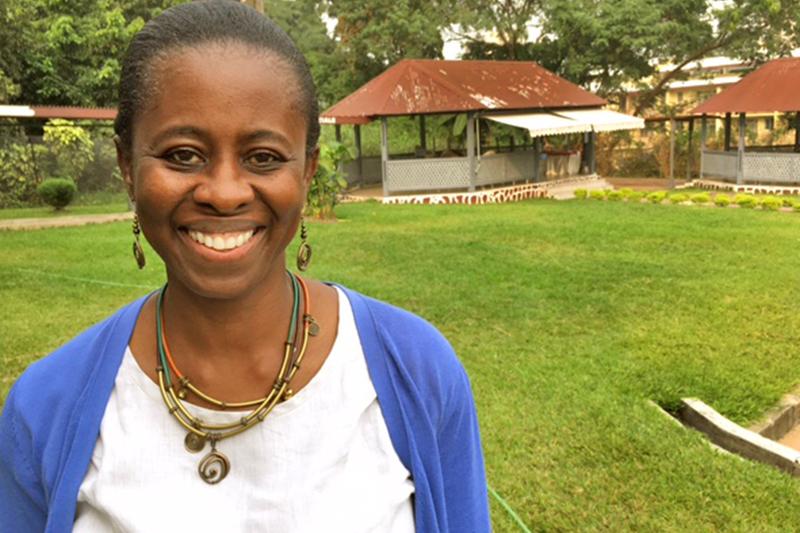Tulane gets $4.8 million Gates Foundation grant to help new parents in Africa
A new Tulane University initiative called MOMENTUM aims to help new mothers and their babies in Kinshasa, the capital of the Democratic Republic of the Congo (DRC). The project is funded by a $4.8 million grant from the Bill & Melinda Gates Foundation. MOMENTUM will provide nursing students training in counseling first-time mothers aged 15-24 and the fathers of their babies on family planning, birth preparedness, newborn care, and gender-equitable attitudes.
Anastasia Gage, professor in the Department of Global Community Health and Behavioral Sciences at Tulane University School of Public Health and Tropical Medicine, is program director for MOMENTUM. Gage says health outcomes for both new mothers and babies in the DRC are poor compared to other countries. Almost a third of young mothers in Kinshasa are pregnant again within a year of giving birth. Some women don’t recognize the signs of life-threatening complications or know where to go when problems arise. Transportation and money are also challenges many young mothers in the DRC face.
MOMENTUM will encourage first-time mothers and their partners to discuss which method of contraception is best for them and to use a modern method for healthy timing and spacing of pregnancies. The project also seeks to identify barriers to care and the role fathers play in their newborn babies’ lives. Up to 60-percent of young first-time mothers in Kinshasa are not married to or living with their baby’s father. Gage says she hopes to encourage a dialogue about gender issues and social norms and encourage fathers to be more involved with their young children.
Gage and her collaborators are working closely with government officials in the DRC. If MOMENTUM works, Gage says it could be implemented in nursing schools across the country.
“I think this is going to be a very innovative project and I’m pleased that we have been given the opportunity to try this idea. We’re doing all we can to make sure that we have positive health outcomes for mothers and babies.”

